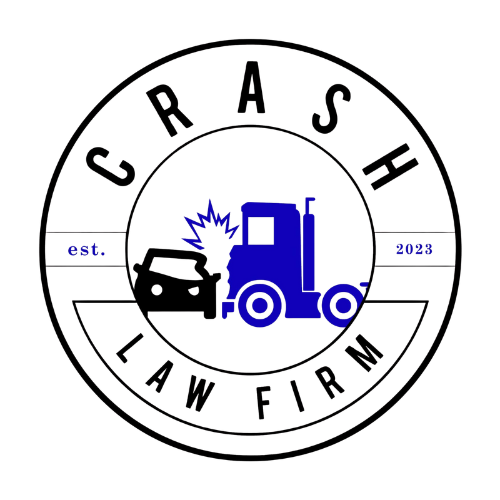Common Causes of 18-Wheeler Accidents
18-wheeler accidents are among the most dangerous and complex collisions on the road. Understanding the most common causes of these crashes can help victims know their rights, prevent future accidents, and recognize when they may be entitled to compensation.
Below are the top causes of accidents involving semi-trucks, tractor-trailers, or big rigs, based on data from the Federal Motor Carrier Safety Administration (FMCSA) and legal case histories.
1. Driver Fatigue
One of the leading causes of 18-wheeler crashes is driver fatigue. Long hours behind the wheel and demanding delivery schedules often cause truckers to push past safe limits.
- The FMCSA limits drivers to 11 hours of driving after 10 consecutive hours off duty.
- Despite these rules, some companies and drivers falsify logs or violate regulations to meet deadlines.
Drowsy driving can be just as dangerous as drunk driving, significantly slowing reaction time and impairing judgment.
2. Distracted Driving
Truck drivers, like all motorists, are susceptible to distractions, but the consequences are often far more severe due to the size of their vehicles.
Common distractions include:
- Texting or using a smartphone
- Eating or drinking while driving
- Adjusting the radio or GPS
- Checking dispatch or shipping devices
Just a moment of distraction at highway speeds can cause a catastrophic collision.
3. Speeding and Reckless Driving
Speeding is a factor in many fatal truck accidents. An 18-wheeler requires much more time and distance to stop than a passenger vehicle.
Risky behaviors include:
- Exceeding speed limits
- Tailgating
- Unsafe lane changes
- Failing to yield
Truck drivers who ignore road conditions, traffic patterns, or weather may cause deadly crashes.
4. Improper Truck Maintenance
Trucking companies are required to maintain their fleet, but shortcuts and negligence are all too common.
Mechanical failures can include:
- Brake failure
- Tire blowouts
- Steering issues
- Headlight or taillight malfunctions
Poor maintenance can lead to jackknifing, rollovers, or loss of vehicle control.
5. Overloaded or Improperly Loaded Cargo
When cargo is not properly secured or distributed, it can shift in transit and affect the truck’s balance.
Dangers include:
- Rollovers on curves
- Trailer detachment
- Jackknife accidents
- Falling cargo causing secondary collisions
FMCSA regulations set specific standards for cargo weight, balance, and securement — all of which must be followed to prevent accidents.
6. Driving Under the Influence
Driving under the influence of alcohol, illegal drugs, or prescription medication can impair a truck driver’s ability to safely operate a vehicle.
- Commercial drivers are held to a stricter blood alcohol limit: 0.04% (compared to 0.08% for most drivers).
- Drug screenings are required, but enforcement can be inconsistent.
When impaired, even experienced drivers can make deadly errors in judgment.
7. Inadequate Driver Training
Operating an 18-wheeler requires special knowledge, licensing, and ongoing training. Some companies, however, cut corners by putting underqualified drivers on the road.
Poor training can result in:
- Difficulty navigating tight turns or backing up
- Failure to handle emergencies
- Misjudging stopping distances
Truck drivers must be trained not just to drive, but to inspect, maintain, and react appropriately in dangerous conditions.
8. Weather and Road Conditions
Rain, ice, fog, and high winds can make driving a large truck extremely hazardous. However, truck drivers are expected to adjust to conditions by:
- Reducing speed
- Increasing following distance
- Pulling over if needed
Failure to adjust can turn a weather event into a disaster.
9. Blind Spots (No-Zones)
18-wheelers have large blind spots on all four sides, especially along the sides and behind the trailer.
Accidents occur when:
- Truck drivers merge without checking blind spots
- Passenger cars linger in these “no-zones”
- Lane changes are made without signals
Proper mirror adjustment and awareness are essential.
Final Thoughts
Most 18-wheeler accidents are preventable — but when they occur, they can have devastating consequences. If you or a loved one has been involved in a trucking accident, Call us at 956.307.9696. Liability could fall on the driver, the trucking company, maintenance contractors, or even third-party logistics providers.

